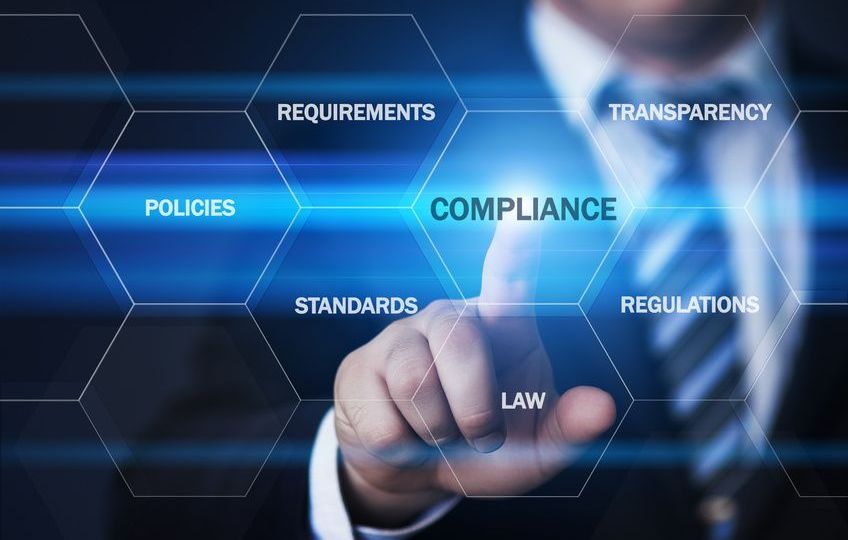
Enhance Due Diligence is a process that companies undertake when they are involved in corporate transactions such as mergers, acquisitions, and joint ventures. The purpose of EDD is to identify and mitigate potential risks associated with a transaction, as well as to ensure that the company is entering into a deal with a reputable and trustworthy partner.
Protecting a company’s reputation
Reputation is one of the most valuable assets a company has. A company’s reputation can take years to build but can be destroyed in a matter of minutes. When a company is involved in a corporate transaction, it is making a significant investment of time, money, and resources. If the transaction turns out to be problematic, it can have a negative impact on the company’s reputation and its ability to do business in the future. This is where Enhanced Due Diligence comes in. EDD helps to identify potential issues before the transaction is completed, which helps to minimize the risk of a negative impact on the company’s reputation.
Protecting a company’s assets
When a company is involved in a corporate transaction, it is also exposing itself to potential financial loss. EDD helps to minimize this risk by identifying potential liabilities and risks associated with the transaction. This can include issues such as fraud, money laundering, and other financial crimes. In addition, Enhanced Due Diligence also helps to identify any financial or operational issues within the target company that could negatively impact the acquiring company’s assets. For example, if the target company is heavily reliant on a single customer or supplier, this could represent a significant operational risk to the acquiring company.
Ensuring compliance with laws and regulations
When a company is involved in a corporate transaction, it is subject to a wide range of laws and regulations. Enhanced Due Diligence helps to ensure that the transaction is compliant with all applicable laws and regulations, which can help to avoid costly fines and penalties. For example, EDD can help to identify any potential antitrust concerns, ensure compliance with data privacy laws, and identify any potential issues related to bribery and corruption.
Identifying and mitigating operational risks
EDD also plays a critical role in identifying and mitigating operational risks associated with a transaction. This can include issues such as supply chain disruptions, IT vulnerabilities, and other operational risks that can impact the ongoing operations of the company. For example, EDD can help to identify any potential issues with the target company’s IT systems, such as outdated software or a lack of cybersecurity measures, which could represent a significant operational risk to the acquiring company.
It is important to note that Enhanced Due Diligence is not a one-time process, but a continuous one. Companies must continuously monitor and assess the risks associated with their transactions and adapt their due diligence processes accordingly. This is particularly important in today’s fast-paced business environment where changes can happen rapidly, and new risks can emerge at any time. EDD meaning is that it helps to ensure that a company is entering into a deal with a reputable and trustworthy partner, and it helps to identify and mitigate potential risks that could negatively impact the company’s reputation, assets, and operations.
In conclusion, Enhanced Due Diligence is a crucial process that companies must undertake when they are involved in corporate transactions. It helps to identify and mitigate potential risks, protect a company’s reputation and assets, ensure compliance with laws and regulations, and minimize operational risks. A robust EDD process is essential for companies to make informed decisions and protect their interests in any corporate transaction.








